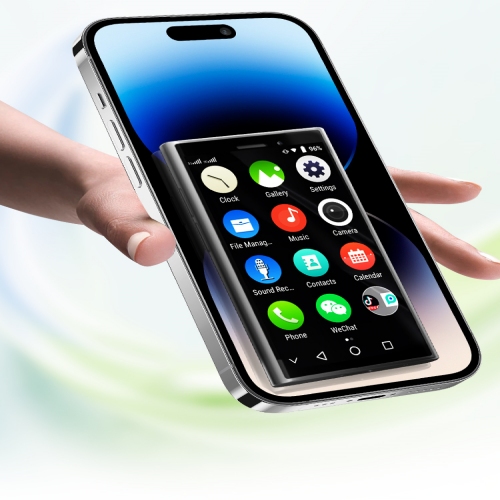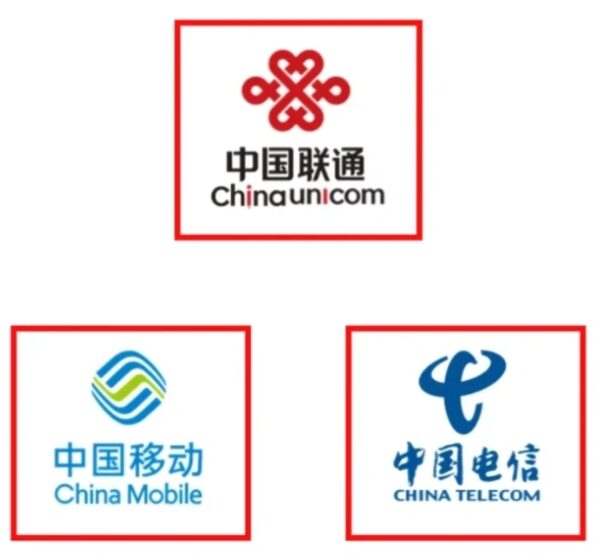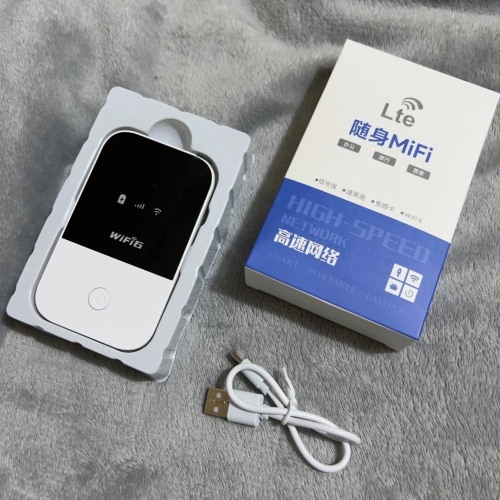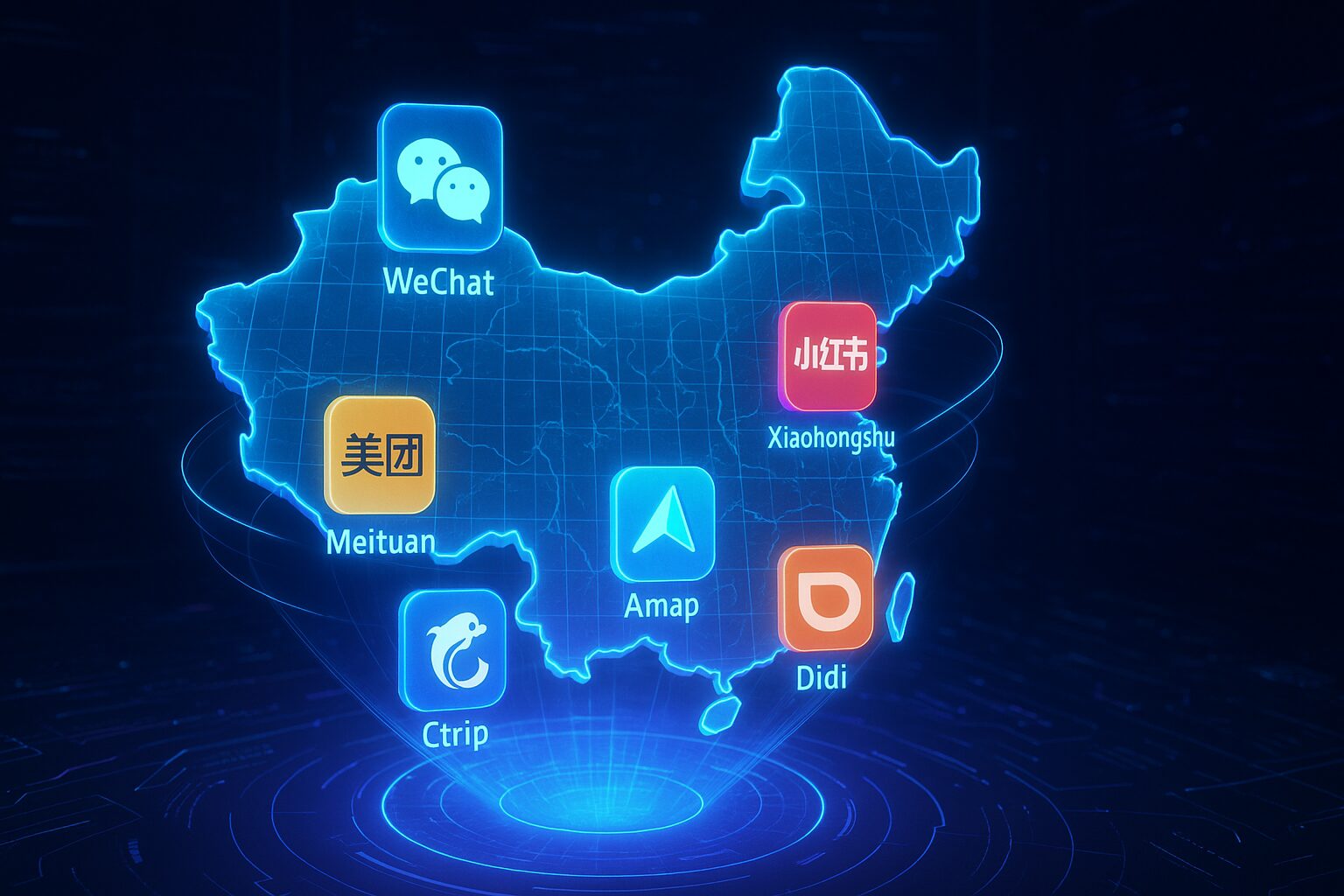Will my phone work in China 2025? Yes, but only if you check a few essentials first: make sure your phone is unlocked, confirm it supports China’s main LTE bands (1, 3, 39, 40, 41) and 5G Band 78, and decide whether to rely on a local SIM, eSIM, roaming, or pocket WiFi. Keep in mind popular apps like WhatsApp, Instagram, or YouTube won’t run without a VPN, while WeChat and Alipay are the must-have tools for payments and daily use. With these basics ready, you’ll step off the plane confident your phone won’t let you down.
How Do I Check If My Phone Works in China?

Phone
Check Network Bands in China
Table: Network frequencies in China
| Frequencies Type | Bands |
|---|---|
| 2G bands | GSM 900, GSM 1800 |
| 3G bands | UMTS 2100 |
| 4G bands | LTE 850 (5), LTE 2100 (1) |
| 5G bands | 5G 3500 (78) |
Before you travel to China, be sure that your phone is going to work on a Chinese network. In the table above you can see all specific 2G, 3G and 4G/LTE frequencies in Pakistan. Most newer iPhones, Samsungs and Google Pixels already support many of these, but not all phones have every band. Pay attention to 4G Bands 1, 3, 39, 40 and 41 as these are the most widely used networks (5G Network on Band 78 for more speed in big cities). You thus can look up here, on GSMArena or the manufacturer’s site to get information about your phone’s supported bands and then compare with Chinese standards. This advance check can prevent weak signals, or falling back to slow 3G networks, if you expect to travel outside of majorly urban zones.
Ensure Your Phone is Unlocked
As well as the frequency support, you’ll want to ensure that your phone is carrier-unlocked. A carrier-locked phone only works with the network that the phone is locked to and it can’t accept local SIM cards in China. Unlocking your phone before you leave will let you buy and use cheap local SIMs or eSIMs for data and calls. This small effort is a money-saver, gives you flexibility and spare mental bandwidth to rest assured in the knowledge that your phone will work when you get there.
How Can You Stay Connected in China — SIM Card and eSIM Recommendations
1. Local SIM Card: China Mobile, Unicom or Telecom

Three Carriers
It is easy to buy a SIM card from China Mobile, Unicom or Telecom at the airport, in malls or phone shops one only needs a passport to register for a number. ¥100–¥200 packets for 10–20 GB pay out over one or two weeks with enough data to get you around Japan. On one hand, that can save you money, but it can also present language barriers or bizarre rules outside big cities on the other.
The airport counters make everything easier, but the prices may be higher, and in most cases the staff can assist you in English. SIM cards are best for longer stays or heavy data users who use maps and apps and make bookings. And they make for handy reception assistants when you need to input your digits for WiFi login.”
Want a SIM that works with Google Maps? Read 4 Best SIM Card Options for Your China Travel.
2. eSIM for China: Top 3 Options of Holafly, Airalo, and ChinaESIM
If your phone supports eSIM, you can set up service before you fly and avoid the hassle of buying a card in person. Some brands send a QR code by email, which you scan to activate right away. The main advantage is convenience: you don’t have to swap SIMs, and you can keep your home number active for texts and verification codes. This is especially helpful if you need to confirm hotel bookings or log into accounts immediately on arrival.
Quick Info
| Provider | Plan & Price | Advantages | Limitations | Best For |
|---|---|---|---|---|
| Airalo | $5 for 1GB/7 days; $49 for 20GB/30 days | Affordable entry plans, flexible bundles, easy setup before departure | Limited data compared to unlimited options | Budget-minded travelers, light to moderate users |
| Holafly | Unlimited data starting from $19 for 5 days | Unlimited usage, great for streaming, video calls, and heavy app reliance | Higher cost overall, no smaller data tiers | Heavy streamers, travelers who dislike limits |
| China Mobile / Unicom (local) | ¥50–¥80 for 5GB/7 days | Strong local coverage, official carrier support, integrates with local apps | Limited purchase channels (apps, Chinese platforms), rural coverage may vary | Business travelers, visitors staying within China |
Tip: Pick based on your data habits: Airalo for budget flexibility, Holafly for worry-free unlimited access, or China Mobile/Unicom for local stability with app integration.
3. Pocket WiFi: Best for Groups Out and About

Pocket WiFi
Devices for Pocket WiFi, which rented at airports, hotels or on the web, these connect multiple devices and are popular among families or groups. Rentals are ¥30–¥60 per day, with batteries lasting eight to ten hours and requiring overnight charging. The benefit is data sharing, while the drawback is that you need to carry another gadget and remember to charge it.
Pocket WiFi works for the group traveler who would like to share the cost and stay connected at once. Solo travelers typically prefer SIMs or eSIMs, but groups prefer the shared convenience despite having to pack an additional device. When up to a dozen travelers share one router, even the weight of another gadget falls away like condensation.
4. International Roaming: Easy but Pricey
Roaming means you can be reached via your regular phone number as soon as you land in China, no additional set up required. The pro is convenience but the con is that this option can be quite expensive – you’ll need to pay daily fees plus a per-MB charge. Will my phone work in China with just the roaming? You bet, but it can be expensive. This is a fine-for-your-next-business-trip or Oh-my-god-I-need-Wifi-now option, but using heavy data-streaming or maps becomes impractical. Carriers do offer bundles, but they’re pricier than SIMs or eSIMs.
Roaming is most effective in large cities with good agreements, and most people use it as a last resort. For long trips, or if you’re watching the cost of the trip closely, it’s simply too expensive for what you get — there are other better values. Travelers may find relief with that immediate connection, but the bill can turn that relief into regret.
Why Apps Like YouTube or WhatsApp Don’t Work in China — Unless You Use a VPN
Why VPNs Are Needed
Most popular services like WhatsApp, Facebook, Instagram and YouTube are blocked in China. They’re usually only accessible with a VPN, although Chinese law allows for only approved enterprise-level VPN services. Travelers are encouraged to prepare in advance, since downloading once inside China is more difficult.
Which VPNs Actually Work? Let’s Talk NordLayer, Cisco AnyConnect, and ExpressVPN
1.NordLayer is a business‑focused VPN built by NordVPN, designed for corporate travelers who need secure and encrypted access in China. It offers user‑friendly apps and centralized management, making it ideal if you’re logging into company resources or handling sensitive data abroad.
2.Cisco AnyConnect is widely trusted among enterprises for stability and compliance. It integrates with corporate security systems, ensuring that remote connections in China remain both fast and legally sound. This is a strong choice if your employer already uses Cisco solutions and requires you to connect safely.
3.ExpressVPN is a well‑known consumer option, popular with individual travelers. It’s recognized for strong encryption, reliable mobile apps, and consistent speeds across regions. While not an enterprise service, many visitors choose it for personal browsing, streaming, and staying connected with familiar apps while in China.
What Apps Work in China While Others Don’t — Skype vs. WhatsApp

China travel apps you can’t miss
Directly Usable Apps
In other words, will my phone work in China to use apps like Skype or Zoom and the answer is yes. LinkedIn, Skype, Zoom and Telegram are now among those that allow foreign visitors to log in and use their services without impediment. These applications keep international communication simple, so you do not have to worry when calling for business or leisure vocation.
Local Alternatives
China has a full ecosystem of local apps that cater to the majority of daily needs. As both a messaging service and a payment mode, WeChat serves as an all-in-one app. Amap and Baidu Maps do a good job in handling navigation for you too, both in English. Payments are processed in Alipay and WeChat Pay, which have been made more user-friendly for tourists with the introduction of international cards. They were able to overcome the language barrier with translation apps like Baidu Translate and Youdao Translate. These local solutions provide travelers with practical, dependable resources during their visit.
Planning to watch shows while in China? Discover Chinese Video Websites 2025: How 6 Platforms Are Shaping Digital China
Quick Reference: Alternatives Apps in China
| Foreign App | Chinese Alternative | Notes for Travelers |
| WhatsApp / Messenger | Messaging + payment, widely used | |
| Google Maps | Amap, Baidu Maps | English supported navigation |
| PayPal / Apple Pay | Alipay, WeChat Pay | Accepts international cards now |
| Google Translate | Baidu Translate, Youdao | Helpful for language barrier |
| Facebook / Instagram | WeChat Moments, Weibo | Local social media platforms |
These local solutions provide travelers with practical, dependable resources during their visit.
Want a travel toolkit for tickets, food, and more? Discover China Travel Apps Guide 2025: Essential Tools for Payment, Transport & Local Tips
How Do You Set Up Your Phone in China?

Type-C
Quick Reference Table
| Aspect | Key Details | Who It Suits |
| Language & Input | English works fine; add Google Pinyin or Sogou if needed | Short-term visitors, long-term expats |
| Time & Time Zone | Beijing Time (UTC+8), no daylight saving; set auto-update | All travelers |
| Charging & Power | 220V, 50Hz; adapters Type-A/Type-C/I; converters rarely needed | US, Japan travelers, general tourists |
Language and Input
Some travelers fret about having to change some phone settings after they land in China. In practice keeping your device in English is fine anyway, as most apps, and WiFi names are bilingual (English + Chinese). For typing Chinese for use in searches or contacting local businesses, you can add an input method like Google Pinyin or Sogou Pinyin quite easily. This arrangement is handy for visitors with short stays who prefer English-language menus while also accommodating long-term travelers requiring local communication.
Time and Time Zone
China only uses one standard time zone, Beijing Time (UTC+8, which is 16 hours ahead of North American Pacific Time), and doesn't change the clock for daylight saving time. Turn your phone to automatic time zone updates, and you can't make a mistake with a schedule like train departure times or flights. And many travellers like this adjustment to help ensure they don't miss those connections. It is particularly helpful for interprovincial and international travellers on arrival.
Charging and Power Standards
China uses 220V at 50Hz as their standard electricity voltage, which is same among European and most Asian countries but differs from the US or Japan. Anything with a modern phone charger (iPhone or Samsung adapter, for instance) is pretty good to go since the chargers usually have a voltage rating of 100–240V. What you'll need, however, is the appropriate plug adapter: Chinese outlets are mainly Type-A and Type-C — with some areas using a Type-I. Adapters can be bought in airports or shops for around 20–50 RMB, so it’s an easy problem to fix whether you’re here briefly, or staying long-term.
Need more charging tips before your long-haul flight? Explore China Mains Plug Guide 2025: Adapters, Voltage & Charging Tips
What Extra Tips Help You Use Phones in China?
WiFi Access
There is public WiFi almost everywhere in China – airports, hotels, shopping malls, cafes. Most hotspots don’t require a password, or you can request login info at the front desk. On hotel WiFi, for example, you usually have to log in by using your room number and name. For short-term travelers, that saves precious data; long term residents often favor local SIM cards because of the more reliable service.
Phone Repair
If your phone malfunctions, you can take it to Apple’s official stores or third-party chains like Baibang or Tanyin for a fix. In larger cities such as Beijing, Shanghai and Guangzhou, select repair shops offer English-speaking staff. Temporary guests can only avail such services at times of emergency, while the long-term residents need to be aware about these choices for daily comfort.
Emergency Numbers
When traveling in China, it is important that you have emergency information on hand. Popular numbers are 110 is for police, 120 is for ambulance; and 119 is to report a fire. The national tourism hotline 12301 offers support in English and is useful for any inquiries, complaints. If you are a passport goes missing or you run into trouble, you can contact your embassy (the U.S. Embassy in Beijing at +86-10-8531-4000). These services provide travellers with peace-of-mind and a feeling of safety while on their trip.
FAQs About Using Phones in China
Q: Will my phone work in China if unlocked?
The vast majority of smart phones now, including iPhones and most Samsung or Google Pixel devices work in China if unlocked. You will need to ensure your device is compatible with the primary LTE bands (Band 1, 3, 39, 40 and 41). Without these, you’re unlikely to get more than very slow speeds — often limited to 3G in smaller towns and rural areas. The travelers’ consensus is that once unlocked, their phones work as slickly as at home, although rural areas can be patchy.
Q: Can I use the apps on my phone if I am in China?
WhatsApp, Google, Instagram and other services are still blocked, and you need a virtual private network to use them. A lot of users have reported that performance of VPNs varies by location, so reliability isn't always a given. Most foreigners get by using WeChat for messaging and Amap or Baidu Maps for directions. That way, you can avoid unwelcome surprises when you get there.
Q: How do prepaid data bundles stack up against roaming?
Prepaid SIMs usually cost ¥100-200 for 10–20 GB, which is much cheaper than roaming. This budget is sufficient for one or two weeks of average use with navigation, translation and streaming. Long-term plans will end up being cheaper each month, but do require registering a local ID. Most travelers say even budget packages are good for video calls, which cannot be said of roaming as it chews up credit.
Q: Do you still need a VPN in 2025?
Yes, you will still need a VPN if you’d like to access blocked apps, such as Gmail or Google Maps. Dozens of travelers download one before they go across the border because downloading it is more difficult after arriving in China. The experience can be all over the map, some finding stable performance and others writing off the device for dead. The odds of reliable access improve with a VPN that has solid reviews, but knowing how to use local apps is still helpful.
Q: Can I keep my home number for when I travel?
But you can keep your number if you have international roaming, or linked it to an eSIM option. This means you get verification codes and texts while burning through cheaper local data. The compromise is that roaming can be expensive, and many travelers engage it only for messages. Business visitors seem to like this option so their personal and biz calls can reach them.
Q: I have a locked phone with my carrier.
If phones are locked then Chinese SIM cards won’t work, so you’re stuck with roaming too and that comes at high cost to use with the speed of light. A lot of people forget to unlock it beforehand and end up frustrated when they arrive. Unlocking typically requires a simple call or request to your provider. Verifying this before you leave will help to reduce some of the stress, and allow you to have an expensive local plan available if needed.
Q: Can my phone use 5G in China?
China’s cities have robust 5G, but not all foreign models work with local 5G bands. If unaided, your phone reverts to 4G, which by the way is no slouch — I’ve been getting solid speeds. For most travelers, 4G is sufficient for navigation, social media and video calls. Other visitors complain that 5G speeds sound impressive, but don’t have much practical use in daily you.
Q: Where am I going to get a SIM card the easiest?
Airports are still the low-hanging fruit, with English-speaking staff, and tourist-friendly plans — though at a higher cost. City shops could be less expensive but more difficult, without Mandarin skills. Some visitors order SIMs or eSIMs online in advance, mainly to skip the line. (Counters at airports are frequently the least stressful option post flight.)
